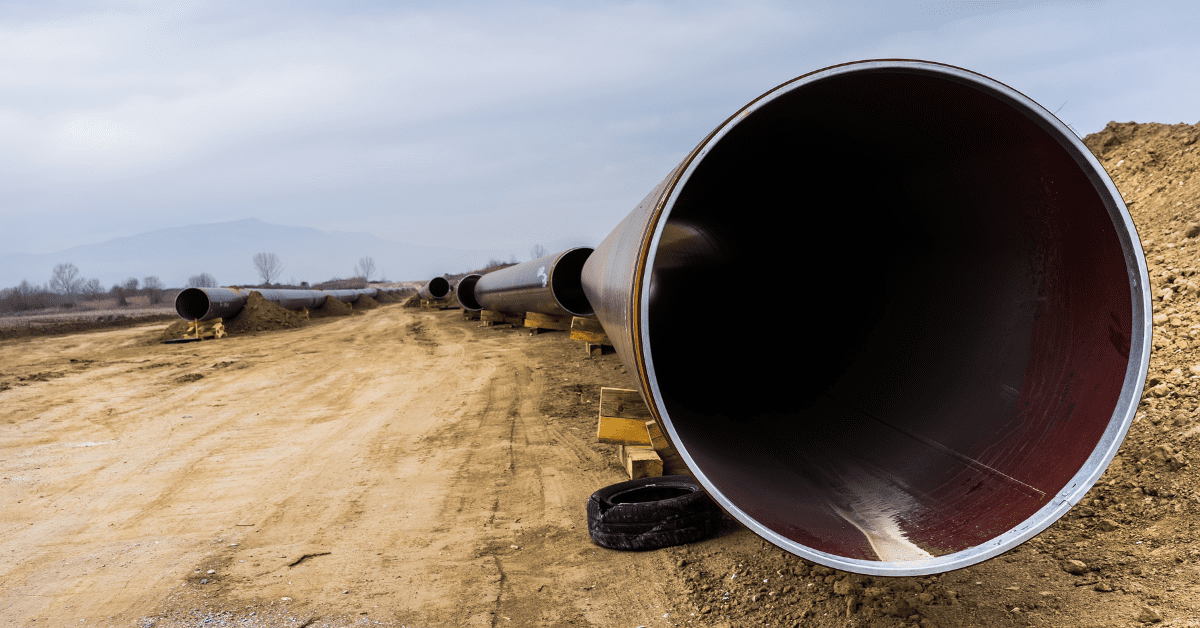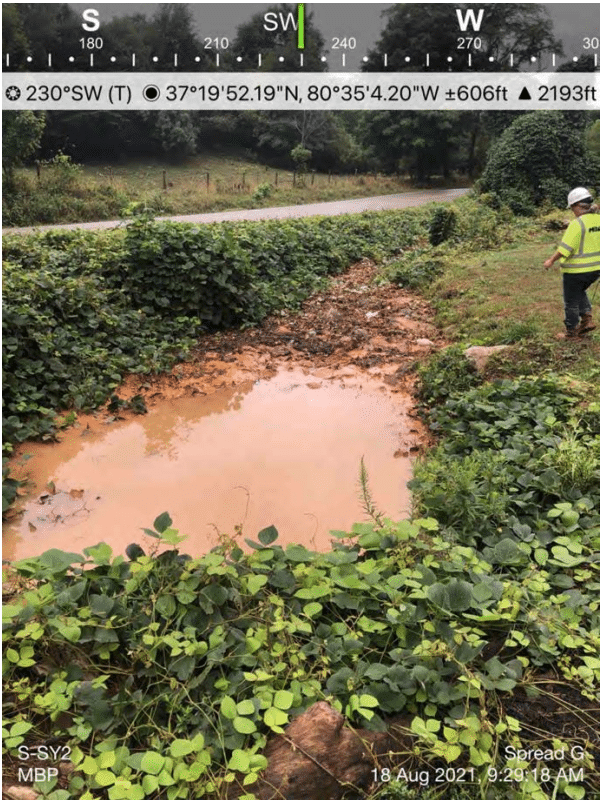
Sierra Club v. Virginia State Water Control Board: What it Means for MVP
Sierra Club v. Virginia State Water Control Board: What it Means for MVP
In a decision released on March 29, 2023, the Fourth Circuit Court of Appeals ruled that the Virginia State Water Control Board (Board) did not act arbitrarily and capriciously in issuing a Clean Water Act certification for Mountain Valley Pipeline (MVP) waterbody crossings. (Opinion can be viewed here)
Of course, we respect the court’s opinion but we are disappointed that the Board’s badly flawed decision will stand. Still, this one decision does not weaken our resolve to stop destruction from the MVP. Mountain Valley still lacks approvals from three federal agencies and all agencies must live up to their responsibilities under the Endangered Species Act, where the U.S. Fish and Wildlife Service has so far failed to do so. This project is less than 60% complete and the thousands of people who are fighting for their homes, their precious resources, and their rights will continue without any pause.
One of the tragedies of the MVP story is the great harm that the pipeline builders have inflicted on the environment and the people along its path. The Board concluded that MVP would not violate its narrative water quality criteria, which state, in part, that Virginia waters are to be free of substances, such as sediments discharged off construction sites, that would interfere with the use of those streams or be harmful to aquatic life.
The MVP has made such discharges over and over again and there is no reasonable basis to believe it won’t do so again, if allowed to go forward with construction. In its recent report, Mountain Valley Pipeline Pollution in Virginia Watersheds, Wild Virginia illustrated this fact, using hundreds of Virginia state inspection reports and volunteer observations.
We include just one of dozens of photographs from that report here. No reasonable person can conclude that this kind of degradation of our waters by MVP would not “interfere with” uses of the affected stream or be harmful to the organisms that should be able to live there. This photo was taken by contract inspectors for the Virginia DEQ in August, 2021. It shows part of the 3,500 foot section of Doe Creek, a Giles County stream that flows to the New River, which MVP assaulted with its pollution.
